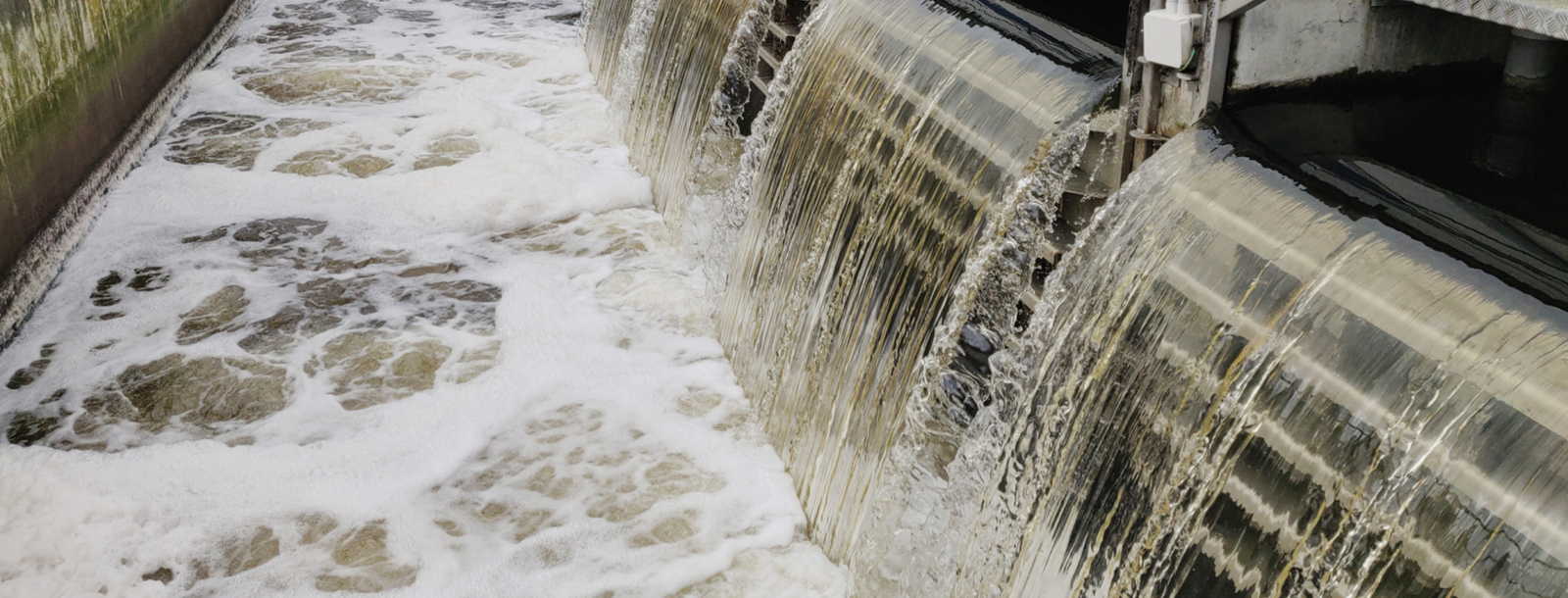Waipara mātai tahumaero
Wastewater epidemiology
Wastewater-based epidemiology allows ESR scientists to build a picture of the health and habits of people at the community level, to help make decisions that improve the wellbeing of Aotearoa.



About
About wastewater-based epidemiology
Because many of the chemicals and microorganisms we’re exposed to in our environment are absorbed, metabolised, and excreted in urine and faeces, they become detectable in wastewater. By monitoring the presence and levels of these ‘biomarkers’ ESR scientists are helping understand the health and habits of the community, and potential emerging threats.
ESR currently uses wastewater based epidemiology for routine surveillance of COVID-19, polio and measuring consumption of illicit drugs.
Samples are collected from wastewater treatment plants around Aoteaora New Zealand for testing of SARS-CoV-2, the virus that causes COVID-19. In addition, we use wastewater based epidemiology as a complementary tool for polio surveillance as part of the global eradication programme.
ESR also uses wastewater based epidemiology to better understand the use of illegal drugs in Aotearoa. Working in conjunction with the National Drug Intelligence Bureau, our nationwide wastewater drug testing programme provides real-time intelligence about how much, and which drugs are being used in our towns and cities. This information is used to help inform drug policy change, and to guide more efficient drug harm reduction initiatives.
Wastewater based epidemiology can also provide insight into a range of other health issues, including consumption of new psychoactive substances (NPS), alcohol, tobacco, caffeine, pesticides, over-the-counter pain relievers and food toxins, as well as exposure to environmental contaminants and other pathogens. It has also been shown to have a role in monitoring antimicrobial resistance (AMR), and to screen communities for disease indicators.
Wastewater surveillance reports
Wastewater Surveillance Report - Monthly Report May 2024
ESR undertakes testing of wastewater throughout New Zealand on behalf of the Ministry for Health for the presence of SARS CoV-2, the virus which causes COVID-19.
Wastewater Surveillance Report - Monthly Report April 2024
ESR undertakes testing of wastewater throughout New Zealand on behalf of the Ministry for Health for the presence of SARS CoV-2, the virus which causes COVID-19.
Wastewater Surveillance Report - Monthly Report March 2024
ESR undertakes testing of wastewater throughout New Zealand on behalf of the Ministry for Health for the presence of SARS CoV-2, the virus which causes COVID-19.
Wastewater Surveillance Report - Monthly Report February 2024
ESR undertakes testing of wastewater throughout New Zealand on behalf of the Ministry for Health for the presence of SARS CoV-2, the virus which causes COVID-19.
Wastewater Surveillance Report - Monthly Report January 2024
ESR undertakes testing of wastewater throughout New Zealand on behalf of the Ministry for Health for the presence of SARS CoV-2, the virus which causes COVID-19.